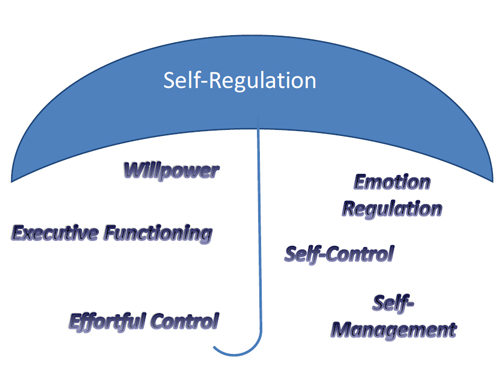My own roots are many, but the largest portion by far is Asturian, a people from northern Spain. Asturians have immigrated to this land for centuries, often driven by poverty and hunger. Perhaps the largest wave of immigration occurred in the late 1800s and early 1900s, when my grandparents arrived. Many of them came to work in the zinc smelting industry, in our coal mines, or in the cigar factories of Florida.

In their early years in the US, these Asturian immigrants experienced a great deal of racism and classism. In the West Virginia town where my Asturian grandparents settled, the KKK burned crosses to intimidate southern European immigrants, including Spaniards, Italians, and Hungarians. Local leaders, even the grade school principal, conspired to keep their immigrant neighbors disempowered.
This prejudice was due to skin color, anti-Catholic sentiment, and discomfort with people who work with their hands, eat different foods, and speak a different language.
Prejudice against Spaniards occurred throughout the United States. Poor Spaniards who were hired to work on Hawaiian sugar plantations in the early 1900s were transported from Spain in what have been described as "slave ships." Many of those immigrants left Hawaii complaining of extremely brutal working conditions. Between 1915 and 1919, hundreds--possibly thousands--of Spanish-speaking residents in Texas were indiscriminately killed by the Texas Rangers. This 1949 sign posted in Texas shows that the prejudice continued for many years.

I don't want to suggest that Asturians faced the same ferocity of prejudice that Blacks have faced for hundreds of years. The extent of disrespect and utter violence that Black Americans have experienced is much greater.
And maybe your family didn't suffer under Jim Crow, but it may have suffered under "Juan Crow" or the many other forms of racism and classism in America.
Did your parents or grandparents teach you to speak their language? Did your family change the spelling of its last name? Have you wondered why so many children of immigrants turned their backs on their heritage in order to blend in? Very likely, it was to escape prejudice.
No one in the Land of the Free should suffer physical, mental, and economic abuse.
We are all one, all human. We deserve equal treatment socially, economically, and politically. We're so much stronger when we value the contributions, perspectives, and humanity of all.
Remembering that our own families have been targeted by racism and classism, may we reject any such hatred or fear that targets anyone. May we all breathe freely.
References
https://AsturianUS.org/forum/
https://www.amazon.com/PINNICK-KINNICK-HILL-AMERICAN-STORY/dp/1933202149
https://www.texasstandard.org/stories/texas-exhibit-refuses-to-forget-one-of-the-worst-periods-of-state-sanctioned-violence/
https://tracesofspainintheus.org/hi/recortesclippings/



